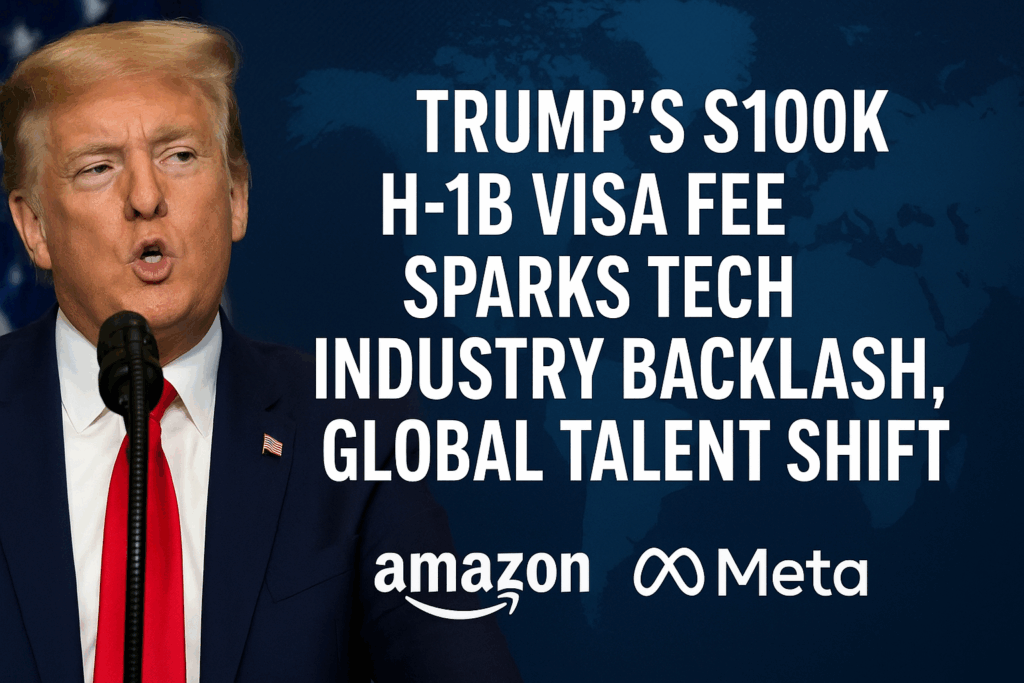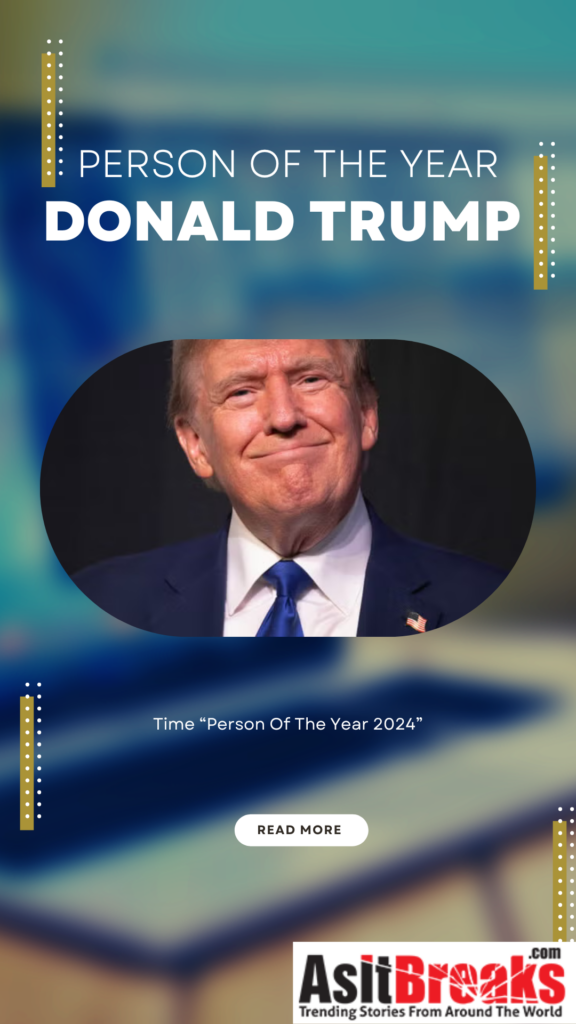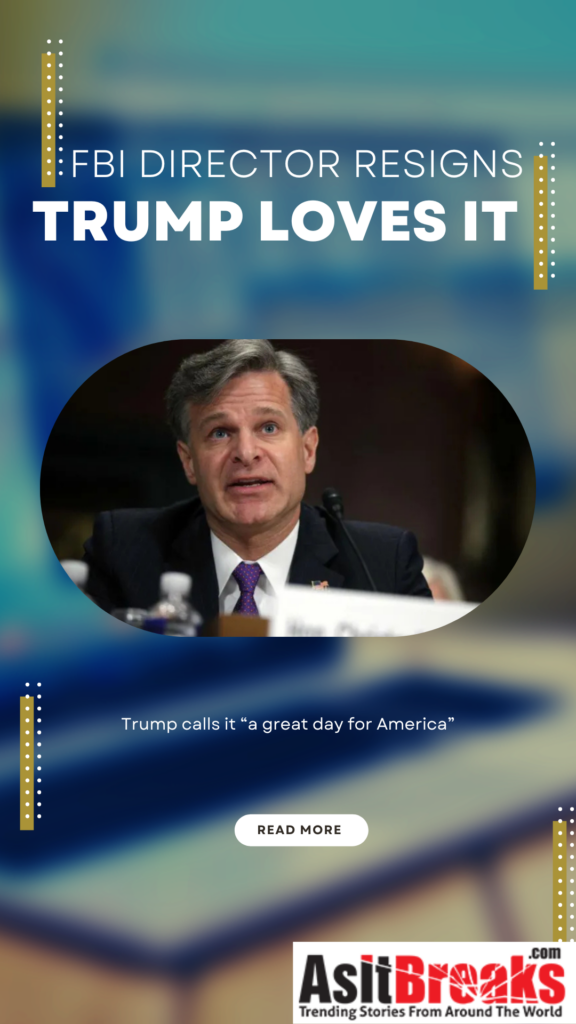Major U.S. technology firms are facing disruption after President Donald Trump imposed a $100,000 fee on new H-1B visas, a decision that could undermine U.S. dominance in global skilled labor and innovation.
The proclamation was announced on Friday and takes effect on Sunday. It increases the application cost for work permits, which are widely used to hire foreign professionals in specialized fields. The White House said the measure is intended to prioritize American workers. However, industry leaders warn it could hamper innovation and accelerate brain drain.
H-1B visas are typically valid for three years. They allow highly educated foreign nationals to “perform services in a specialty occupation,” according to the U.S. government. Nearly 400,000 visas were issued in 2024. Demand is surging from employers in the technology, finance, and healthcare sectors. A Pew Research Center study found Indian nationals account for about 75% of approvals, with China as the second-largest source.
Amazon received about 10,000 H-1B approvals for positions at its Virginia headquarters, the largest share in 2025. Tata Consultancy Services, an Indian outsourcing giant, followed with 5,500 approvals in Maryland. Microsoft secured nearly 5,200 visas for workers in Washington. Meta, Apple, and Google each received more than 4,000 approvals, mostly in California.
The new fee has led several companies to advise visa holders not to travel abroad, as changes in immigration status may now carry greater risk. Amazon and Microsoft, for example, warned employees that leaving the U.S. could jeopardize their ability to return under the higher fee, potentially causing operational disruptions and uncertainty for skilled workers.
India, whose citizens make up the majority of visa recipients, criticized the policy. The country’s Ministry of External Affairs said over the weekend that the restrictions would likely have “humanitarian consequences by way of the disruption caused for families.” Officials added that they hope the U.S. government will address the fallout “suitably.”
Other countries are moving quickly to capitalize on Washington’s tougher stance. The Financial Times reported that U.K. Prime Minister Keir Starmer may scrap visa fees for elite global talent, such as graduates of the world’s top five universities or winners of prestigious international awards. London is also assembling a “global talent task force” to attract scientists, researchers, and digital experts to fuel economic growth.
China is taking a similar approach. Last month, Beijing unveiled a “K visa” aimed at attracting young science and technology professionals with STEM bachelor’s degrees. The visa, launching October 1, will allow multiple re-entries and longer stays. It does not require a job offer from a Chinese employer. Officials say the measure aims to provide “greater convenience” and encourage applicants to launch businesses or academic projects in China.
Europe is also positioning itself as an alternative destination. In May, the European Commission launched its “Choose Europe” campaign, aiming to recruit U.S. scientists unsettled by American immigration policy. The initiative promises financial incentives, extended contracts, less bureaucracy, and protections for academic freedom.
Industry experts say global competition could change where top professionals build their careers. Venture capitalist Harry Stebbings wrote on social media, “The single biggest threat to European innovation is the loss of talent. Trump has handed Europe the greatest opportunity.”
Still, some U.S. executives argue the cost, though steep, may be manageable for large corporations. “$100,000 is a rounding error compared to the value each member of our team creates,” said Shahriar Tajbakhsh, co-founder and chief technology officer of San Francisco-based Metaview, in a LinkedIn post.
For smaller companies and startups, however, the financial barrier could be insurmountable. Critics warn that without access to skilled foreign labor, many firms may struggle to compete. Some may struggle to expand, potentially driving investment overseas.
With nearly half a million workers tied to the program, the stakes are high. Immigration analysts warn that the decision may erode U.S. tech leadership and shift innovation hubs to Europe, China, and the U.K. as these regions aggressively target skilled talent.


